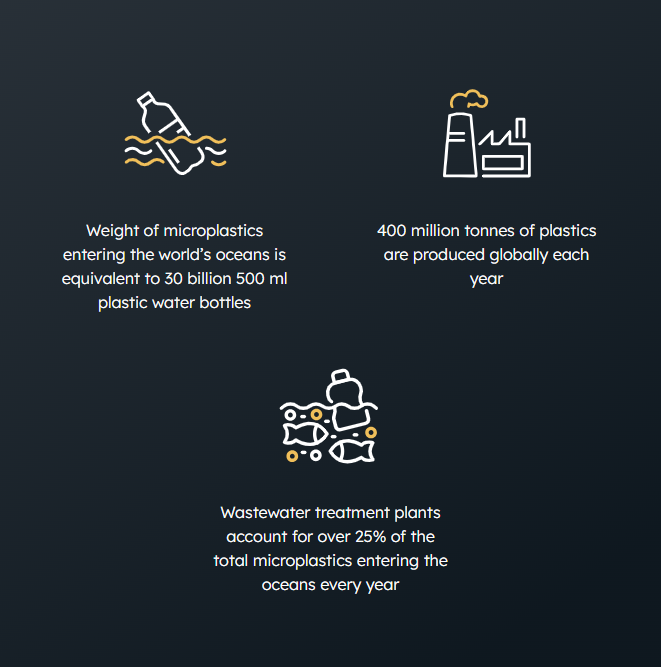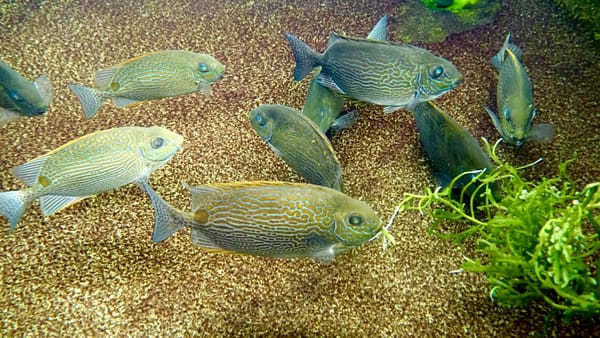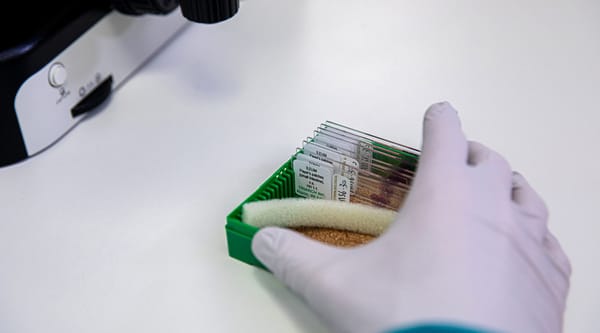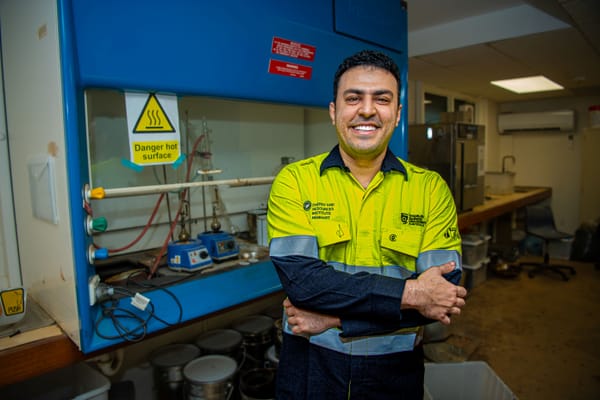Smart membranes to remove microplastics from water
ECU Engineering lecturer Dr Masoumeh Zargar's research has developed high-tech membrane filters to remove dangerous microplastics from aquatic and wastewater treatment systems.
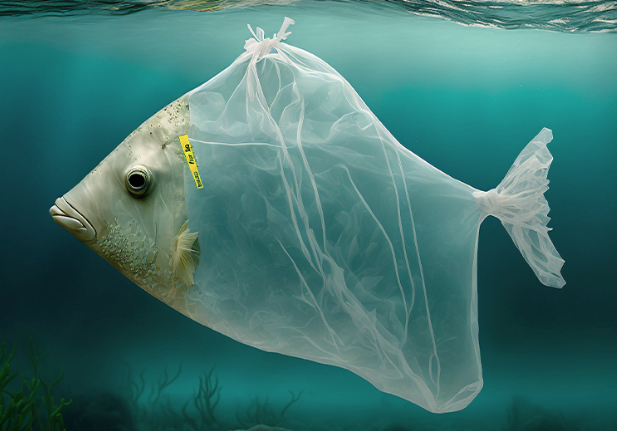
First published on Edith Cowan University
ECU Engineering lecturer Dr Masoumeh Zargar's research has developed high-tech membrane filters to remove dangerous microplastics from aquatic and wastewater treatment systems.
This new technology is set to change how water is treated around the world.
What are microplastics?
Microplastics are up to 100 times smaller than a strand of human hair and are harmful to marine life and human health, over time causing neurotoxicity and immune system defects.
The dangerous fragments come from everyday plastic products that wear down over time. Plastic products like bags, bottles, toothbrushes, and plastic piping, all of which are unnatural and non-biodegradable.
Removing the danger
Dr Zargar, who is also an ARC DECRA Fellow, said the new membrane filtering technique has the potential to change the way water is treated all over the world, starting here in Australia.
"We change the membrane structure, composition and surface properties and create more resilient environmentally friendly materials that won’t be clogged or damaged by microplastics and can remove them efficiently," Dr Zargar explained.
"We also integrate engineered modifying agents with the membranes to enhance their microplastics separation efficiency."
Dr Zargar's ground-breaking research has delivered the most time and cost-effective methods of making water safer and improving the sustainability of water treatment systems.
"Our existing wastewater treatment plants aren't properly designed to remove these tiny particles from water, so they end up in our oceans, rivers and lakes or even in our drinking water," she said.
"The choice of materials and modifications vary depending on the application of individual membranes in the water and wastewater treatment process and they get through stringent quality control and testing to ensure their efficacy and durability."
A safer future
There are 400 million tonnes of plastics produced each year, a number expected to more than double by 2050.
It's estimated 24.4 trillion pieces of microplastics already find their way into the world's upper oceans, the equivalent weight of around 30 billion 500 ml plastic water bottles.
"The reality is that wastewater treatment plants are one of the main pathways by which microplastics enter the aquatic environment, accounting for over 25 per cent of the total microplastics entering the oceans every year, but we are starting to change that," Dr Zargar said.
"It is a problem that is not going away, in fact it’s getting far worse. What this research means is that we are moving in the right direction in tackling the global plastics problem."
